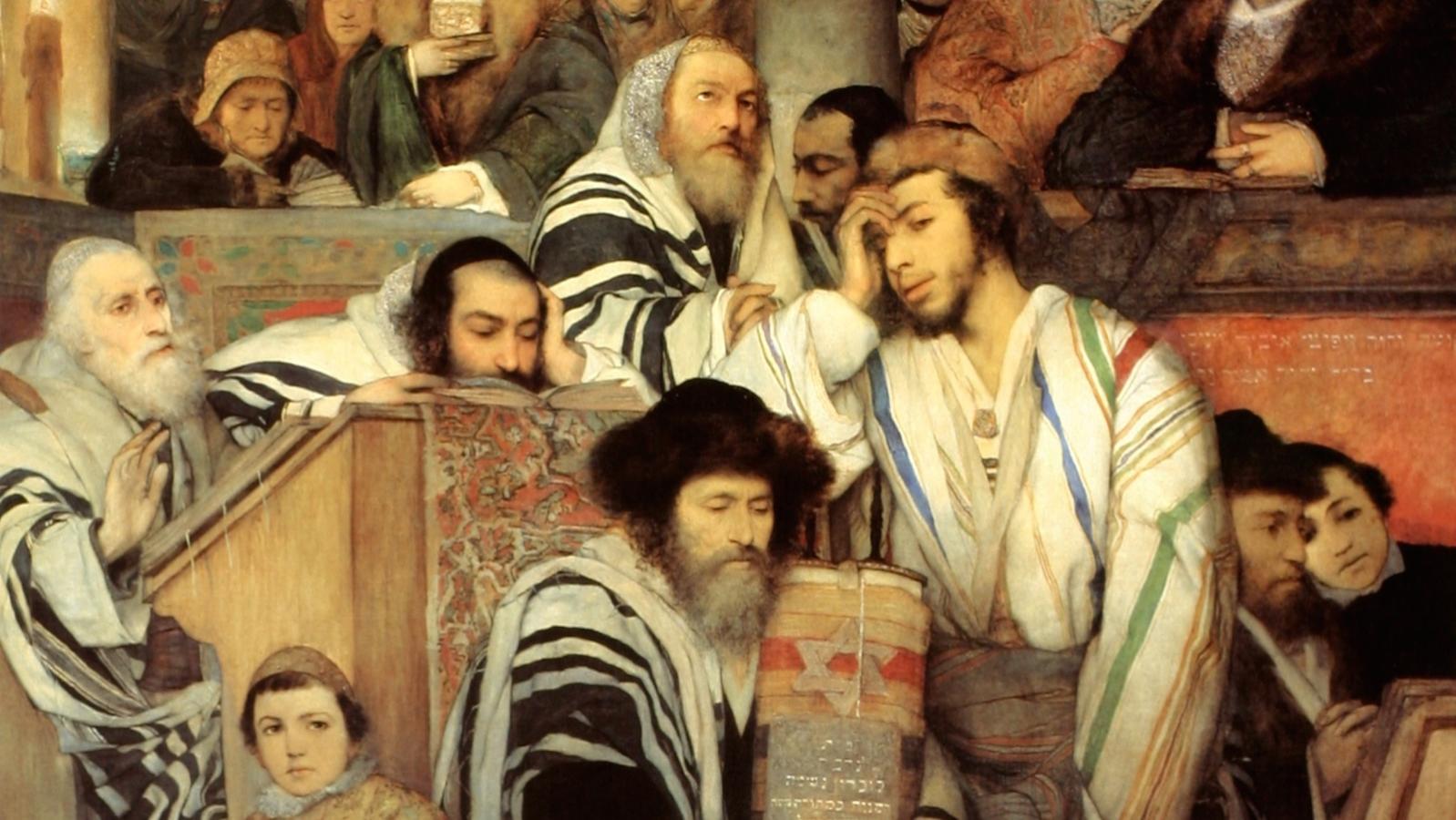Yom Kippur, the Day of Atonement, is considered the holiest day on the Jewish calendar. To preserve the sanctity of the day and keep Jews focused on spiritual matters, a variety of activities are forbidden.
Fasting is the most famous Yom Kippur prohibition. From sundown the night before until nightfall the day of, many Jews refrain completely from eating or drinking. The mandate against eating comes from Leviticus, which states that Jews should “afflict [their] souls” on the Day of Atonement.
Because fasting may pose physical risks, the requirement does not apply to children under Bar/Bar Mitzvah age (12 or 13, depending on gender and custom). Children under age nine are prohibited from fasting altogether. Moreover, one is exempt from fasting if a doctor says it would be harmful or if someone has recently given birth.
On Yom Kippur, many Jews also abstain from wearing leather, especially leather shoes. Leather traditionally symbolized wealth and comfort, and on Yom Kippur we are meant to focus on spiritual rather than material matters.

Help us keep Jewish knowledge accessible to millions of people around the world.
Your donation to My Jewish Learning fuels endless journeys of Jewish discovery. With your help, My Jewish Learning can continue to provide nonstop opportunities for learning, connection and growth.
Yom Kippur also coronotes God as master of the universe and some rabbis consider it arrogant to dress in the flesh of another being.
Many Jews also abstain from bathing or applying lotions, makeup or perfumes during Yom Kippur. This tradition is also intended to help maintain the focus on internal cleansing and spiritual purity instead of physical beauty.
Sexual relations are also prohibited on Yom Kippur. While Judaism generally encourages sex between married couples for both procreation and pleasure, experiencing sexual pleasure on a day intended to focus on spiritual matters is considered inappropriate.



